Unlocking the World of Metroidvania Games: Solo Indie Developer Launches Open Source Toolkit for Godot
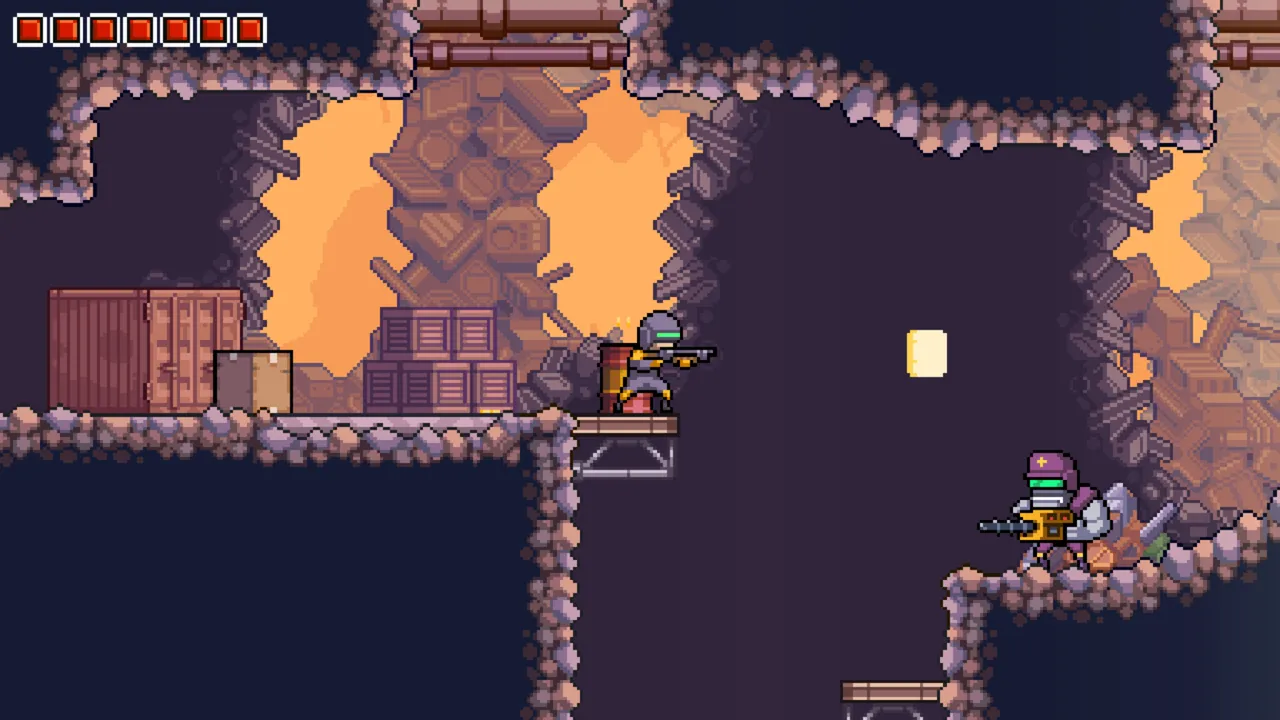
Polish solo indie game developer Tomasz Chabora has released Metroidvania System, a comprehensive open-source toolkit designed to streamline the process of creating metroidvania-style games using the Godot game engine.
The toolkit, which is available on Github, primarily focuses on 2D grid-based metroidvania games, featuring a powerful Map Editor that aids developers in crafting their game world by allowing for easy placement and customization of map cells.
These cells, which represent the game's world, can be seamlessly integrated into the game by associating scenes with rooms on the map, thereby facilitating smoother room transitions and providing a clearer overall view of the game's world.
One of the standout features of Metroidvania System is its innovative object ID sub-system. This functionality is essential for objects that require a persistent state, such as collectibles, switches, or breakable walls.
With the automated system in place, unique IDs are generated for each object within a scene, allowing developers to manage object persistence using just two methods with all optional arguments. This feature is versatile enough to be utilized in non-metroidvania games as well.
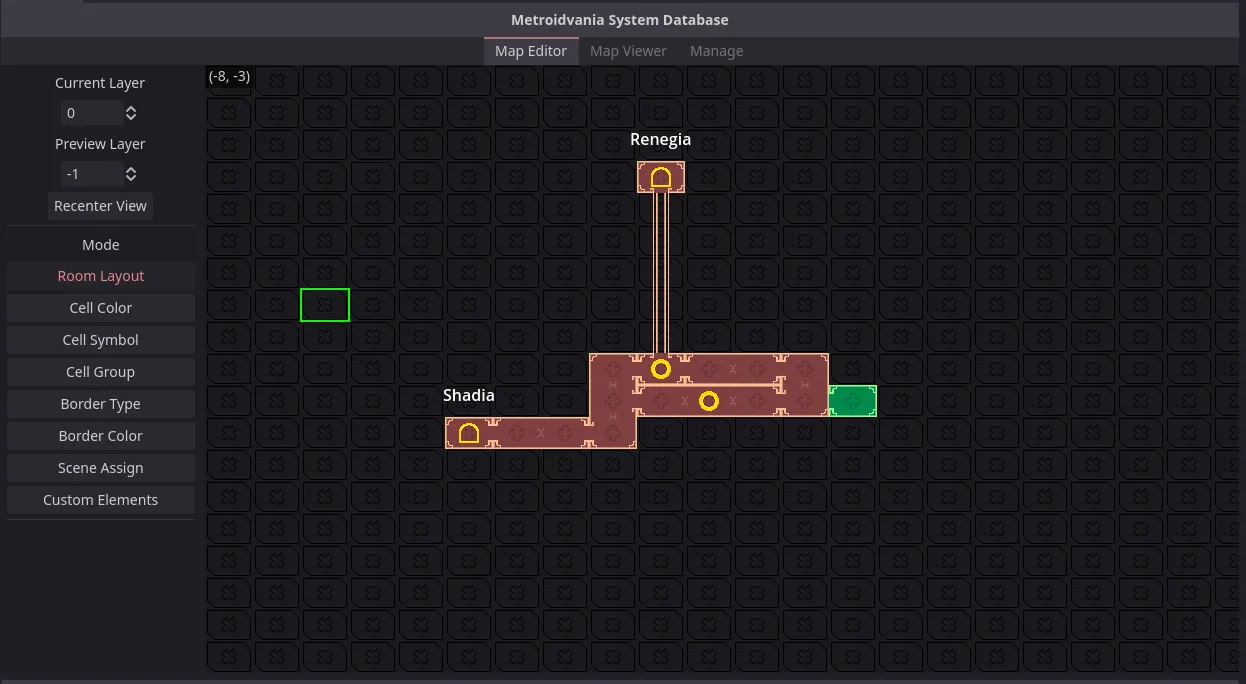
Metroidvania System boasts a wide array of features that are designed to enhance the game development process.
The Map Editor and Map Viewer offer developers a convenient way to visualize and navigate their game world, with customizable map visual properties stored in a unique MapTheme resource that can be altered at any time, even during runtime.
The toolkit also includes a player location tracker, scene change request functionality, and the ability to register and store persistent objects, among other features.
All of these functionalities combine to make Metroidvania System an invaluable resource for developers looking to create engaging metroidvania games using the Godot engine.
If you like what you see, drop Tomasz a follow on X and Github!
(And, for those wondering, the thumbnail image for this article came from Omega Strike by Woblyware. Learn more about that game here.)
 2K
2K
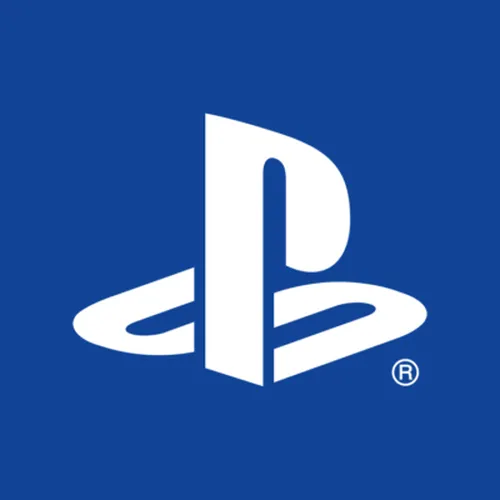 PlayStation
PlayStation
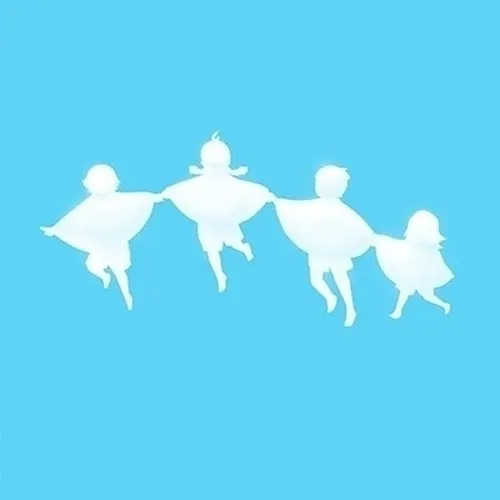 thatgamecompany
thatgamecompany
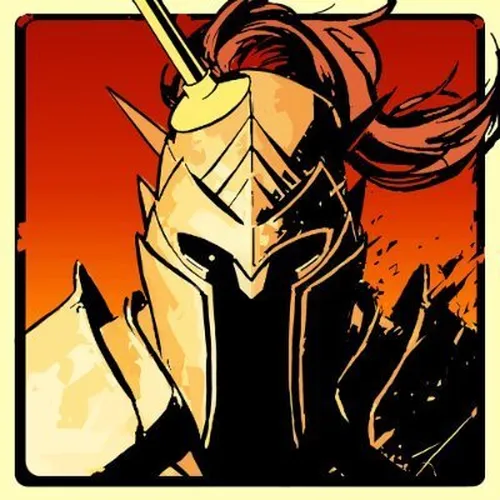 Larian Studios
Larian Studios
 Ubisoft
Ubisoft
 People Can Fly
People Can Fly
-
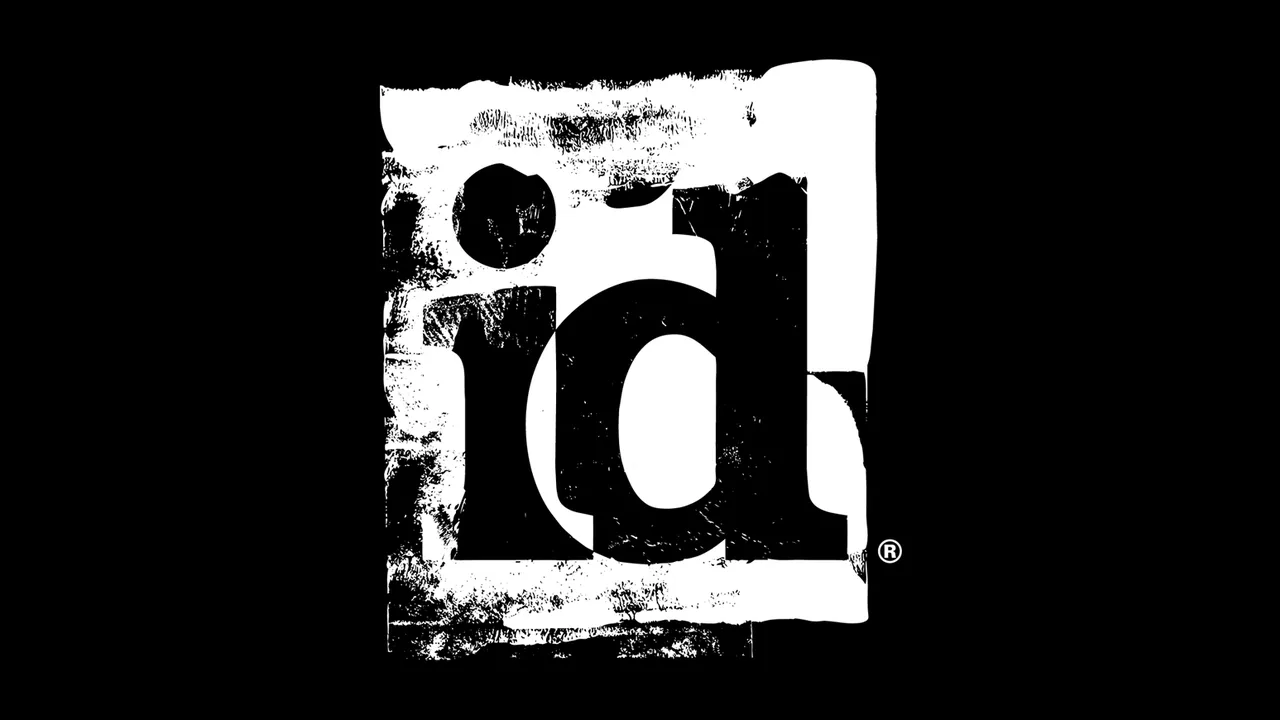 Developers at DOOM studio id Software vote to unionise with CWA
Developers at DOOM studio id Software vote to unionise with CWA -
 Rockstar claims recent firings were for leaking confidential game information, union fires back
Rockstar claims recent firings were for leaking confidential game information, union fires back -
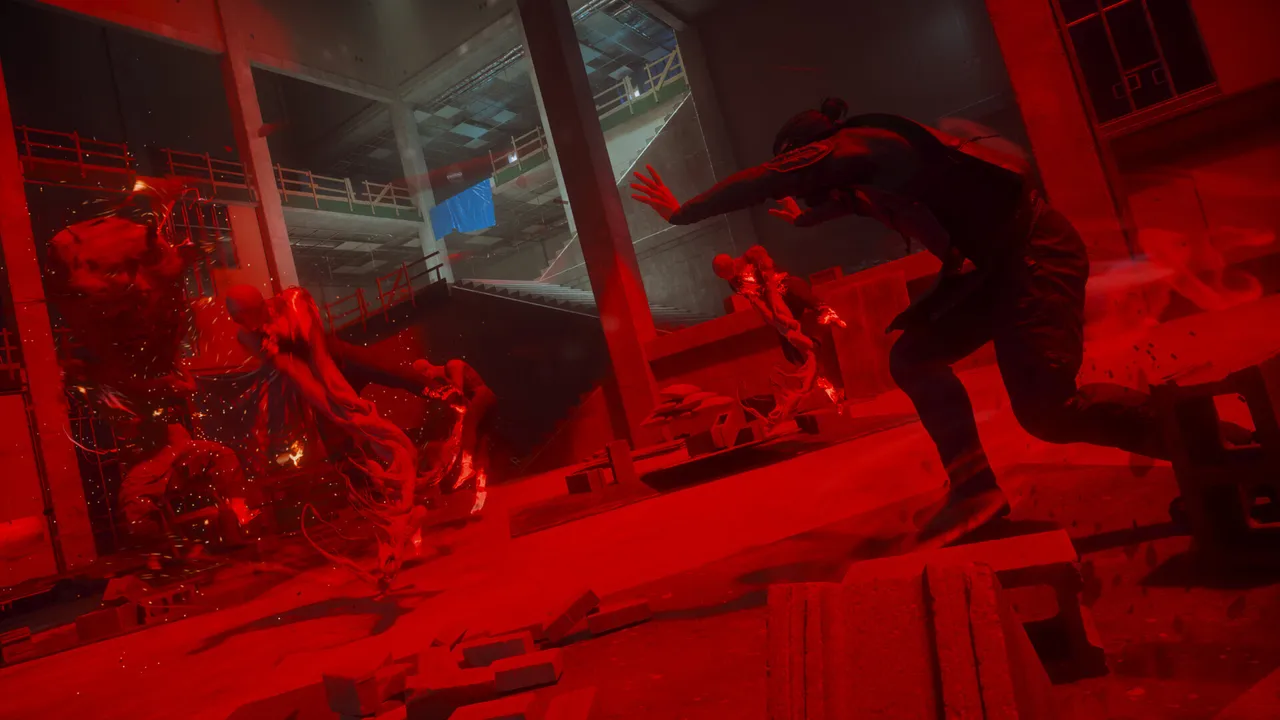 Control Resonant, a sequel to Remedy's Control, announced for 2026
Control Resonant, a sequel to Remedy's Control, announced for 2026 -
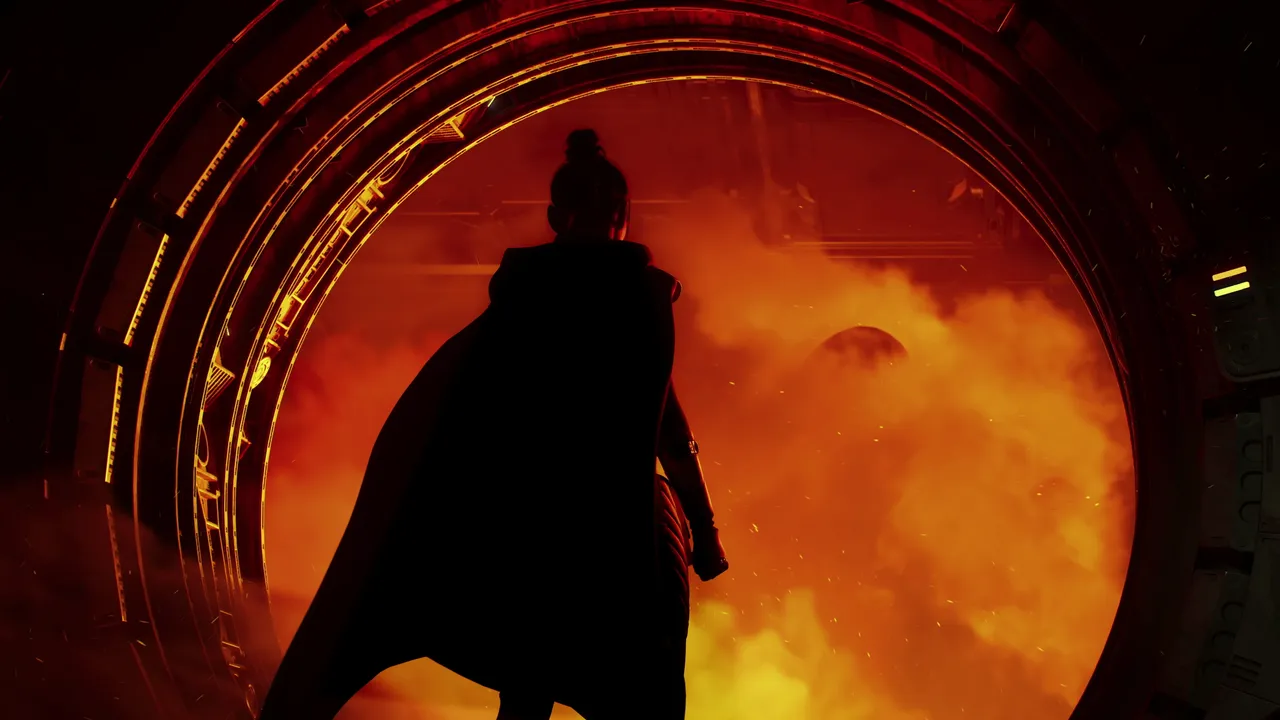 Star Wars: Fate of the Old Republic announced, directed by Knights of the Old Republic and Mass Effect's Casey Hudson
Star Wars: Fate of the Old Republic announced, directed by Knights of the Old Republic and Mass Effect's Casey Hudson -
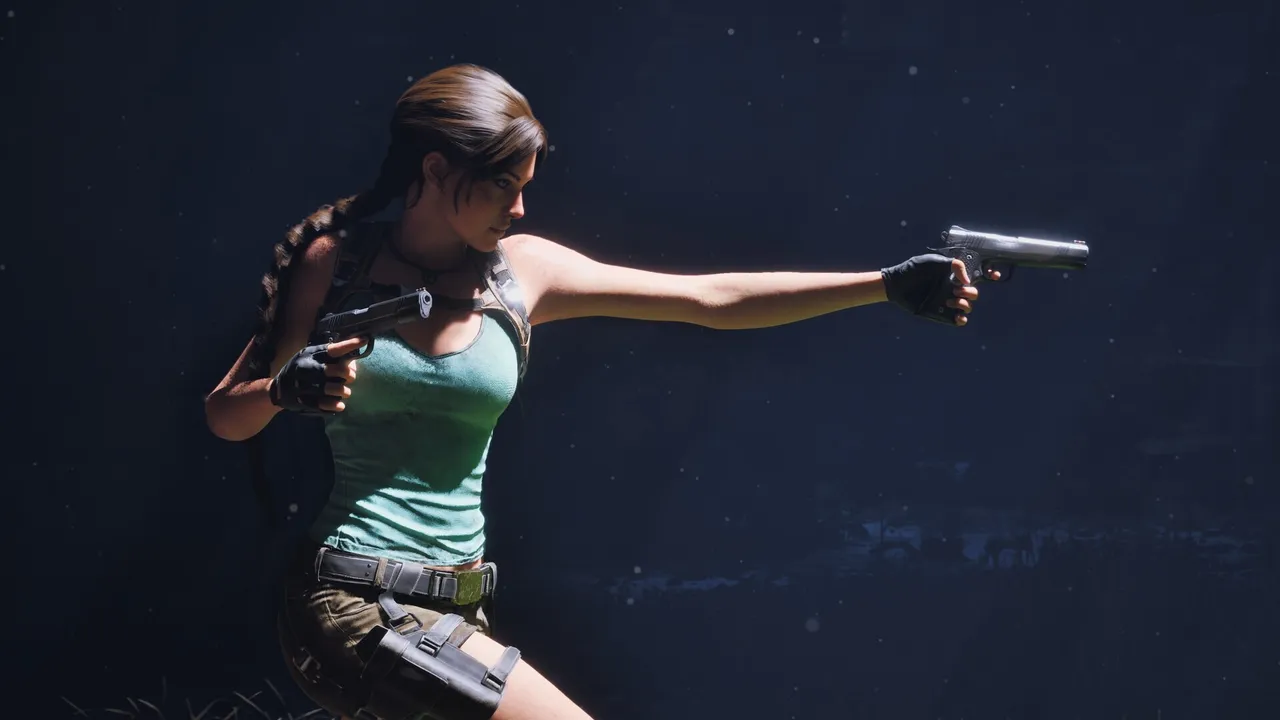 Tomb Raider: Legacy of Atlantis and Tomb Raider: Catalyst announced at The Game Awards
Tomb Raider: Legacy of Atlantis and Tomb Raider: Catalyst announced at The Game Awards -
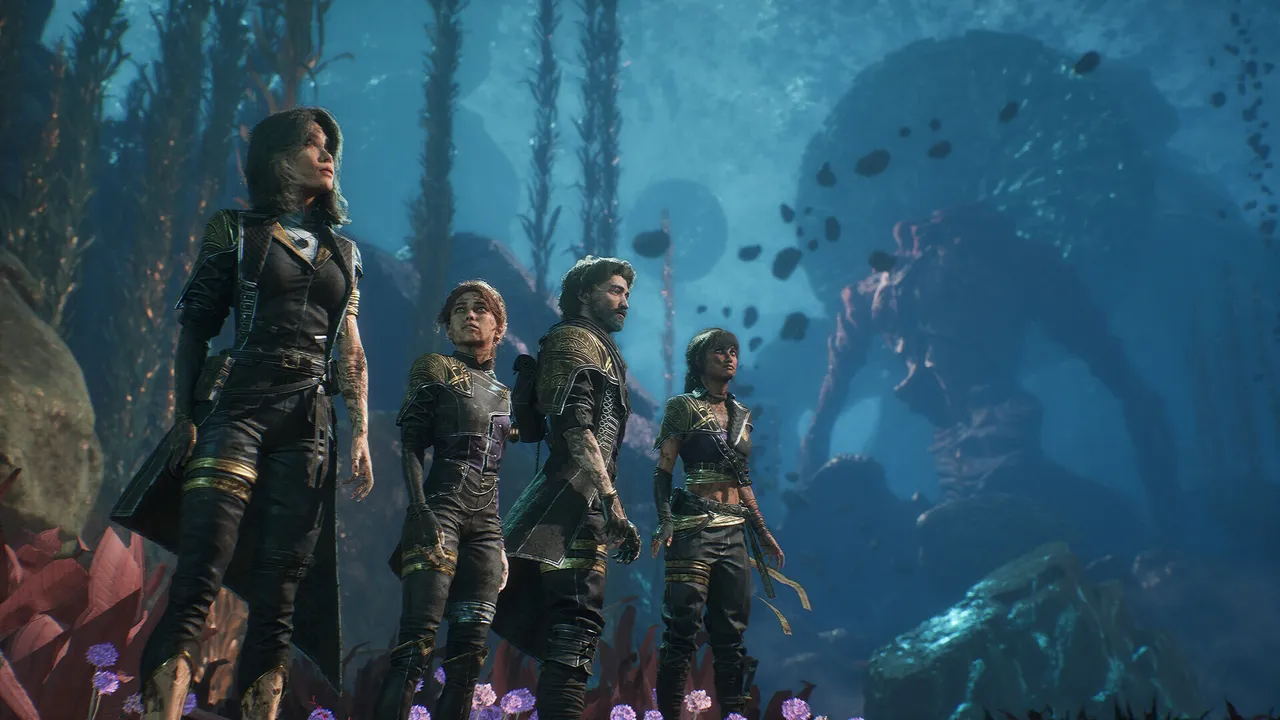 Clair Obscur: Expedition 33 sets new records at The Game Awards 2025, winning Game of the Year and more
Clair Obscur: Expedition 33 sets new records at The Game Awards 2025, winning Game of the Year and more -
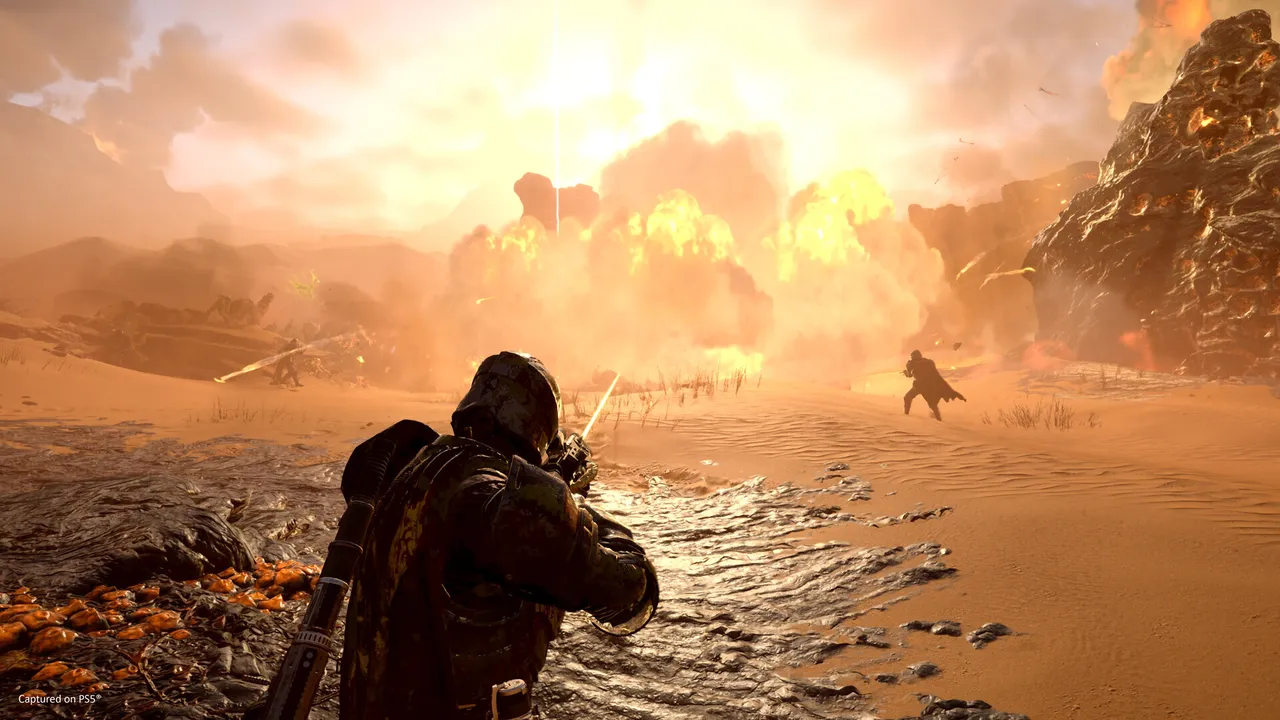 Helldivers 2 could be getting a rogue-lite mode, Arrowhead reveals
Helldivers 2 could be getting a rogue-lite mode, Arrowhead reveals -
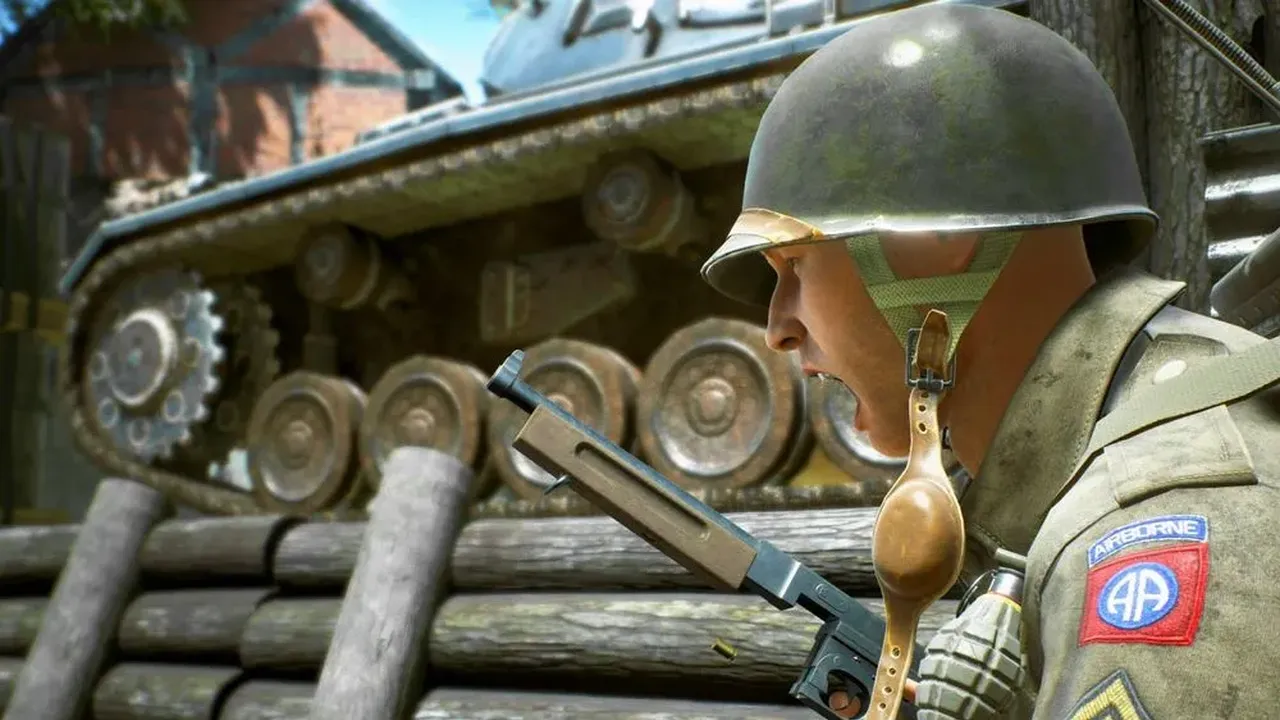 Tencent sells UK-based Battalion 1944 studio BULKHEAD to new consortium
Tencent sells UK-based Battalion 1944 studio BULKHEAD to new consortium -
 Recent Rockstar firings are "deeply concerning," says UK prime minister Keir Starmer
Recent Rockstar firings are "deeply concerning," says UK prime minister Keir Starmer -
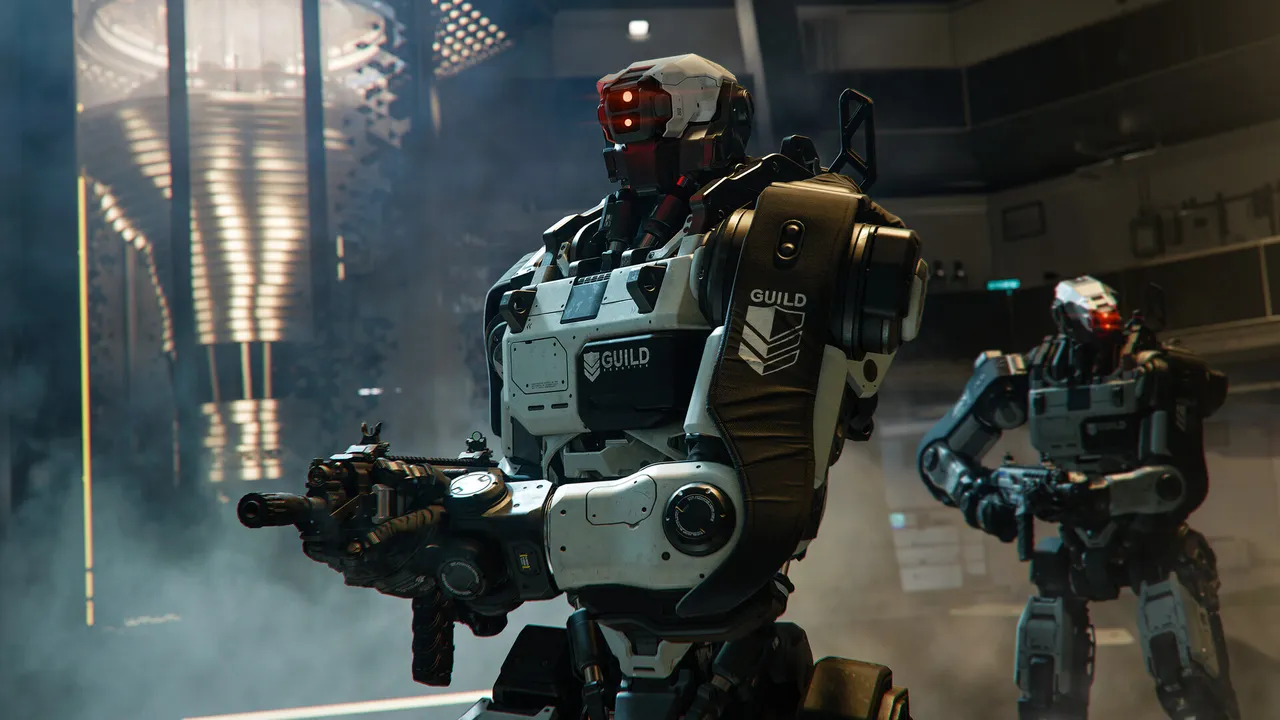 Call of Duty will no longer receive back-to-back Modern Warfare and Black Ops releases, Activision confirms
Call of Duty will no longer receive back-to-back Modern Warfare and Black Ops releases, Activision confirms -
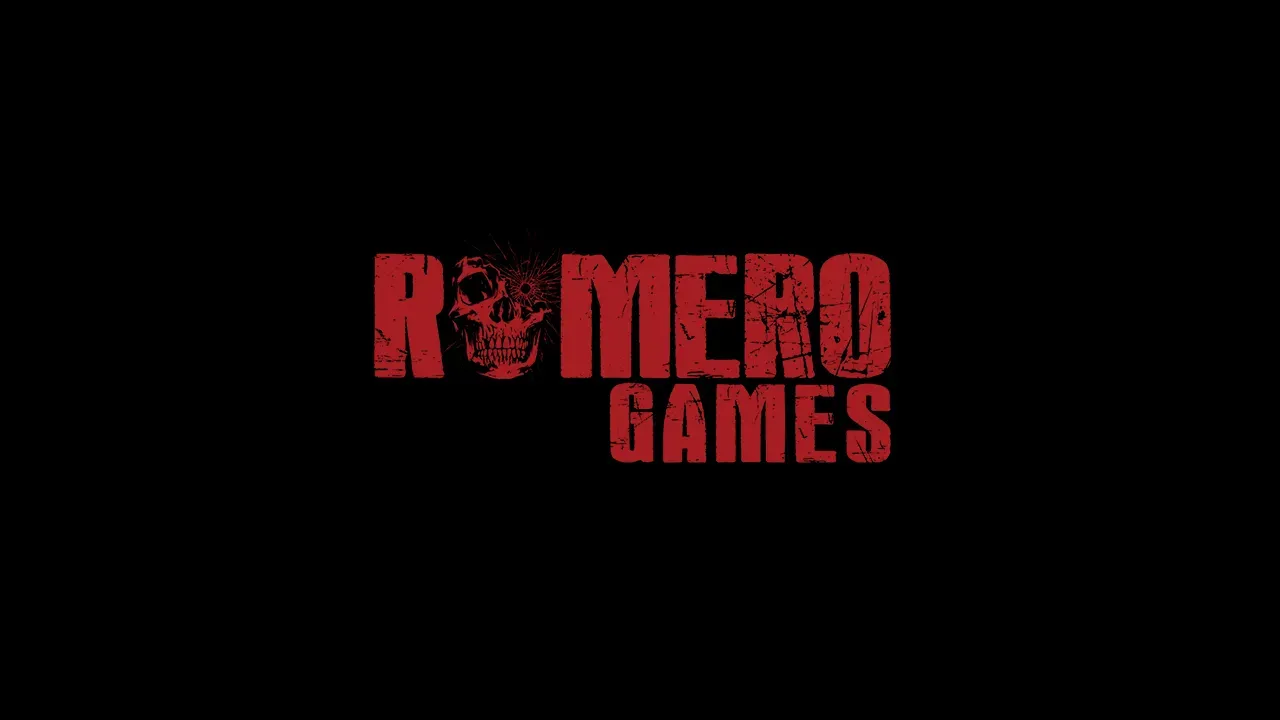 DOOM creator John Romero is working on a new Elden Ring-inspired game following previous project cancellation
DOOM creator John Romero is working on a new Elden Ring-inspired game following previous project cancellation -
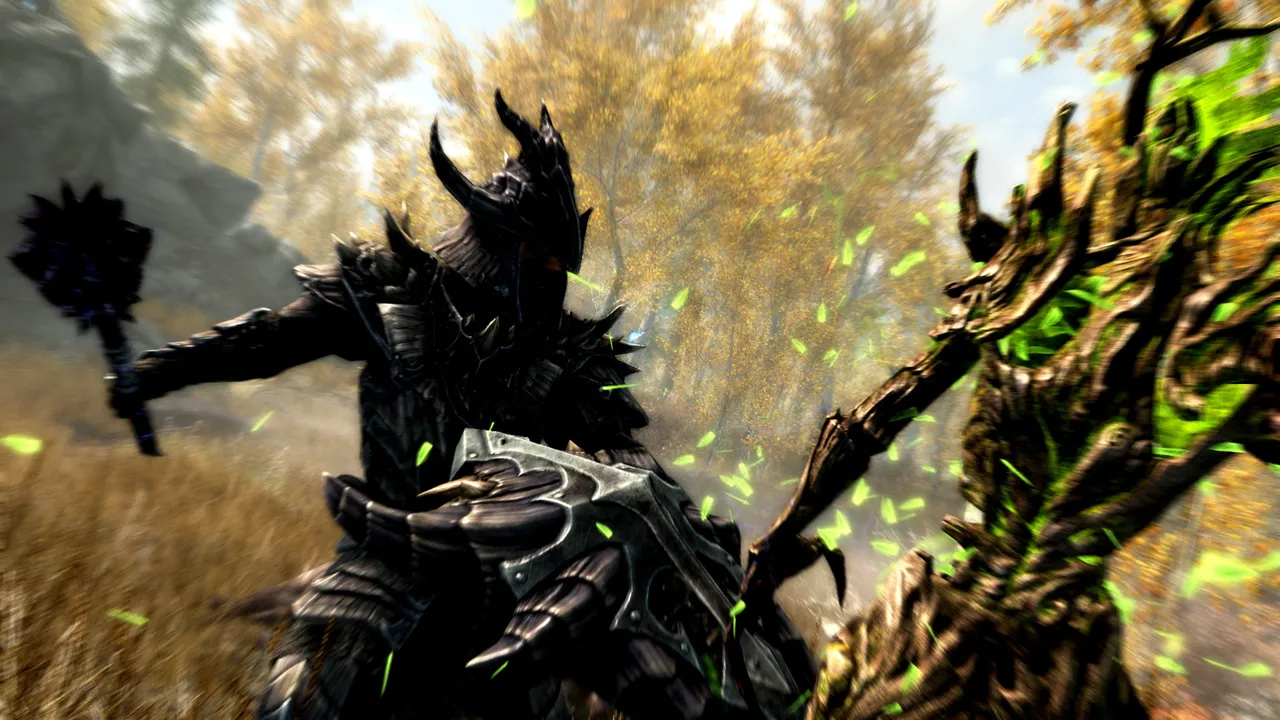 Skyrim: Anniversary Edition's Nintendo Switch 2 upgrade is now available
Skyrim: Anniversary Edition's Nintendo Switch 2 upgrade is now available